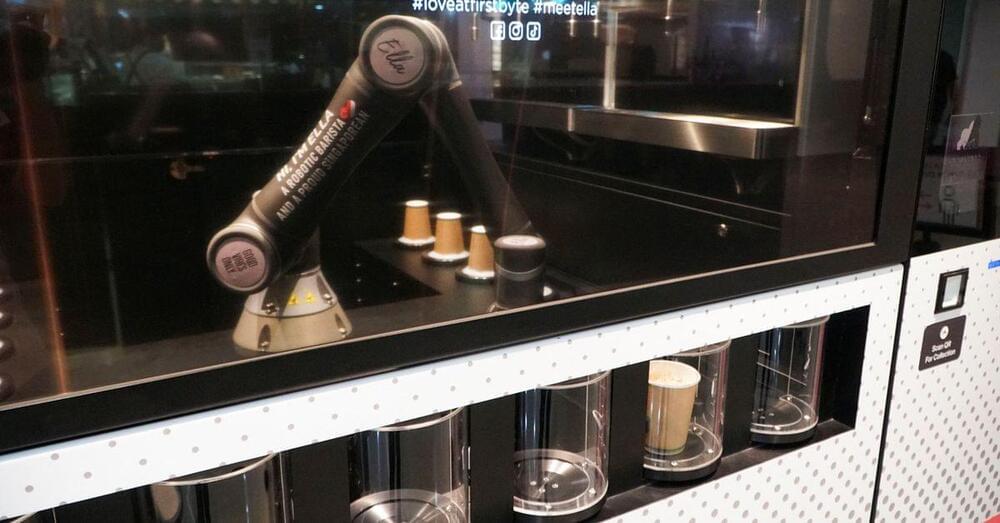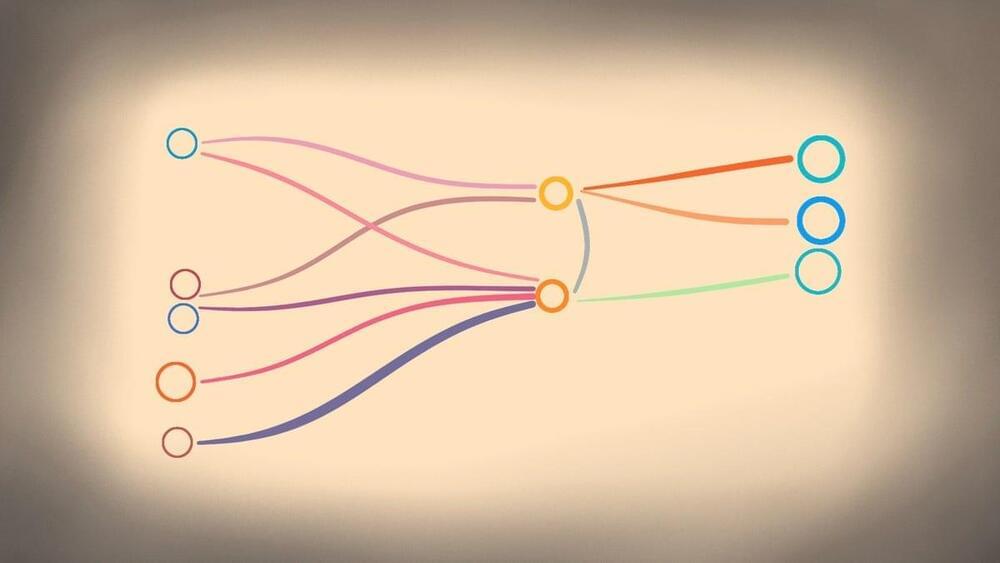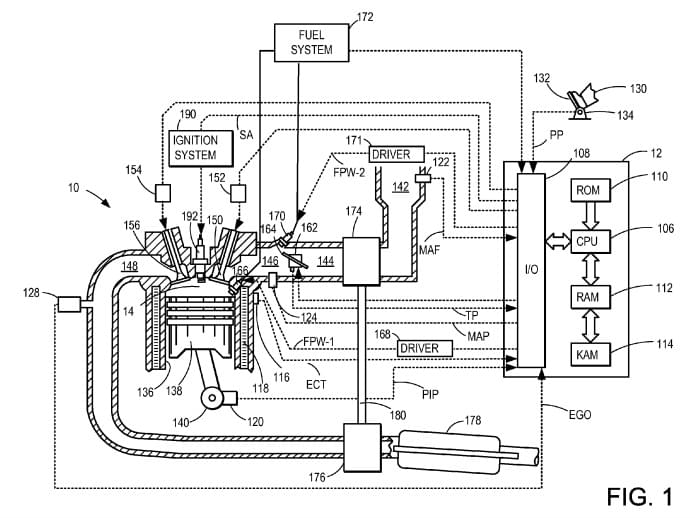Lack of a robotic hand that can match a human hand will continue to delay full automation.
SINGAPORE, May 30 (Reuters) — After struggling to find staff during the pandemic, businesses in Singapore have increasingly turned to deploying robots to help carry out a range of tasks, from surveying construction sites to scanning library bookshelves.
The city-state relies on foreign workers, but their number fell by 235,700 between December 2019 and September 2021, according to the manpower ministry, which notes how COVID-19 curbs have sped up “the pace of technology adoption and automation” by companies.
At a Singapore construction site, a four-legged robot called “Spot”, built by U.S. company Boston Dynamics, scans sections of mud and gravel to check on work progress, with data fed back to construction company Gammon’s control room.






